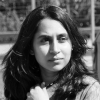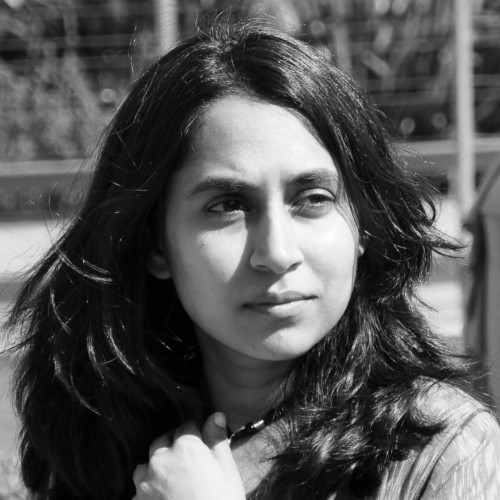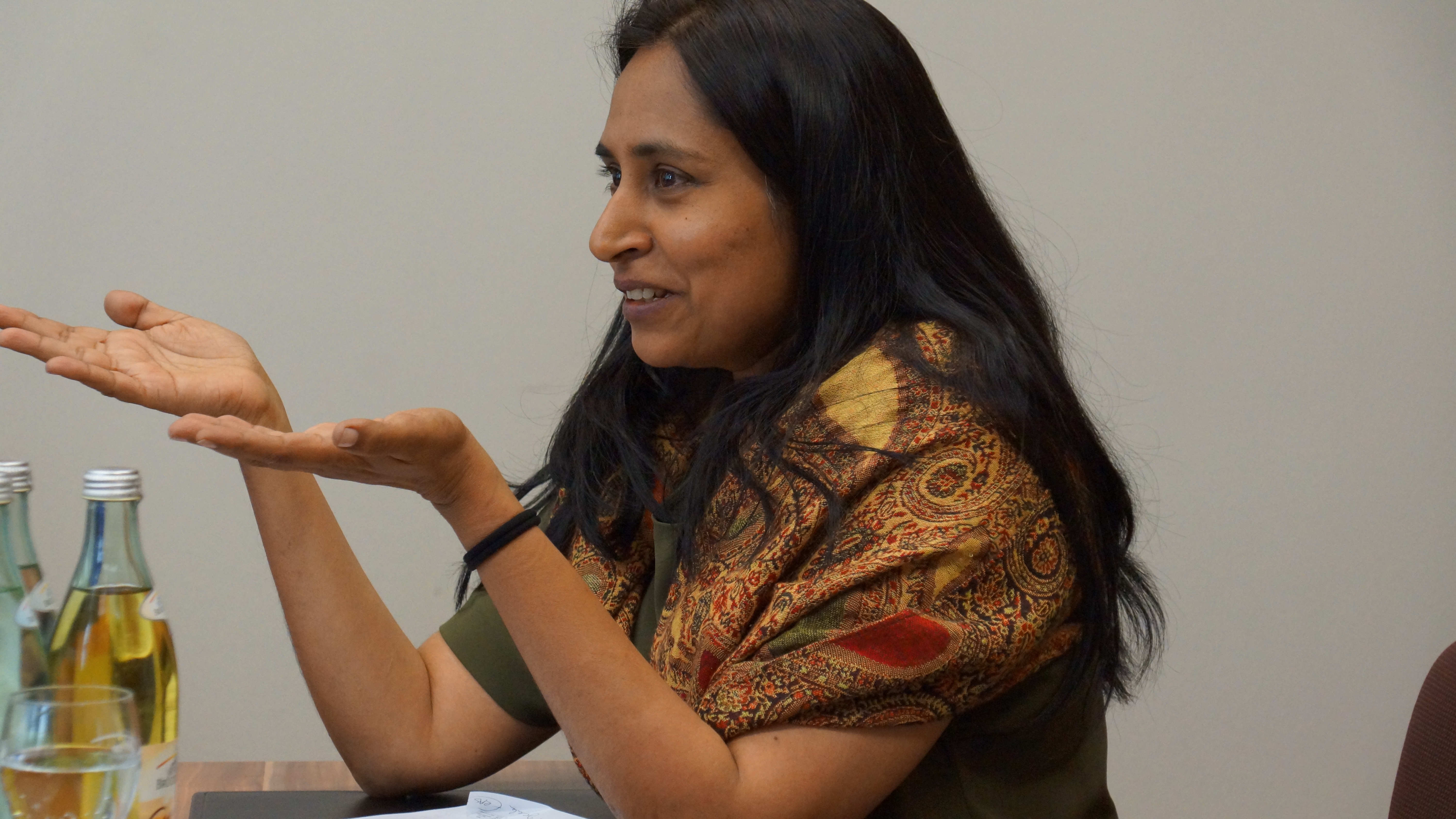
Three questions to: Vaishnavi Chandrashekhar, CLEW Ambassador for India
Renewable energy capacity has been expanding greatly in India in the past few years, so this sector remains a big talking point for policymakers and business. Investments in renewables doubled over the last five years to $20 billion in 2018, surpassing thermal power, according to one study. India is now one of the top renewable producers globally with an installed renewable energy capacity of about 80 gigawatts. And it plans to achieve 175 gigawatts by 2022. The country has also become the world's cheapest producer of solar power. Still there continue to be many problems in auction process, regulations, and distribution, which are also being talked about. On the other end of the energy spectrum, the success of the government programme to provide healthy cooking energy to the poor is also being written on and debated, though perhaps not as much as it should be.
The role is still evolving, but certainly I think part of it is to help spread awareness about CLEW’s excellent workshops, dossiers and reporting tours among other journalists who might benefit from them. Also, I’m trying to share more energy stories from the network where appropriate on social media and to my own networks as well. As a journalist who mainly reports on environment and development in a developing country, I’m always keen to contribute that vital perspective to the energy discussions while sharing global case studies with local audiences. Cross pollination is good.
Lastly, I’d love to be able to try and help bring some of what CLEW does in Germany to the region, like reporting tours in India or South Asia for instance, but that’s an ambitious, maybe more long-term goal for CLEW.
"To local journalists, I would say that the best stories on the energy transition are likely to be in your neighbourhood!"

To local journalists, I would say that the best stories on the energy transition are likely to be in your neighbourhood! Renewable targets, auction prices, and government policy make headlines but are not necessarily the most interesting stories. Good stories are really about people doing things on the ground—that could be a local person launching a solar business, or the same person going out of business because of a new government policy, or people burning more wood in winter, or the effect of rising wealth on energy consumption in a village, or infighting between local leaders over renewable or coal projects. Local journalists should look out for those on-the-ground stories in their backyard.
To international journalists, I would say there are all kinds of energy stories, and renewables is only one of them. The lens of emission targets can be a very limiting or blinkered frame when you come to a country that has the whole spectrum of issues from complete energy poverty—households or areas with no electricity—to rising energy consumption in its big cities. It’s important to understand local context and keep an open mind.
If you are an international journalist doing a story that involves research on energy transition and climate policy in India, you can reach out to Vaishnavi as a first point of contact. Beyond that, our other CLEW Journalism Network members in India might be able to help you out, or be interested in collaborating on an energy transition story with you.
If you are an India-based journalist with an idea for a project on-the-ground, Vaishnavi is there to connect you with us at CLEW for support. Should you be looking for expertise in other countries – have a look at the CLEW Journalism Network map!

